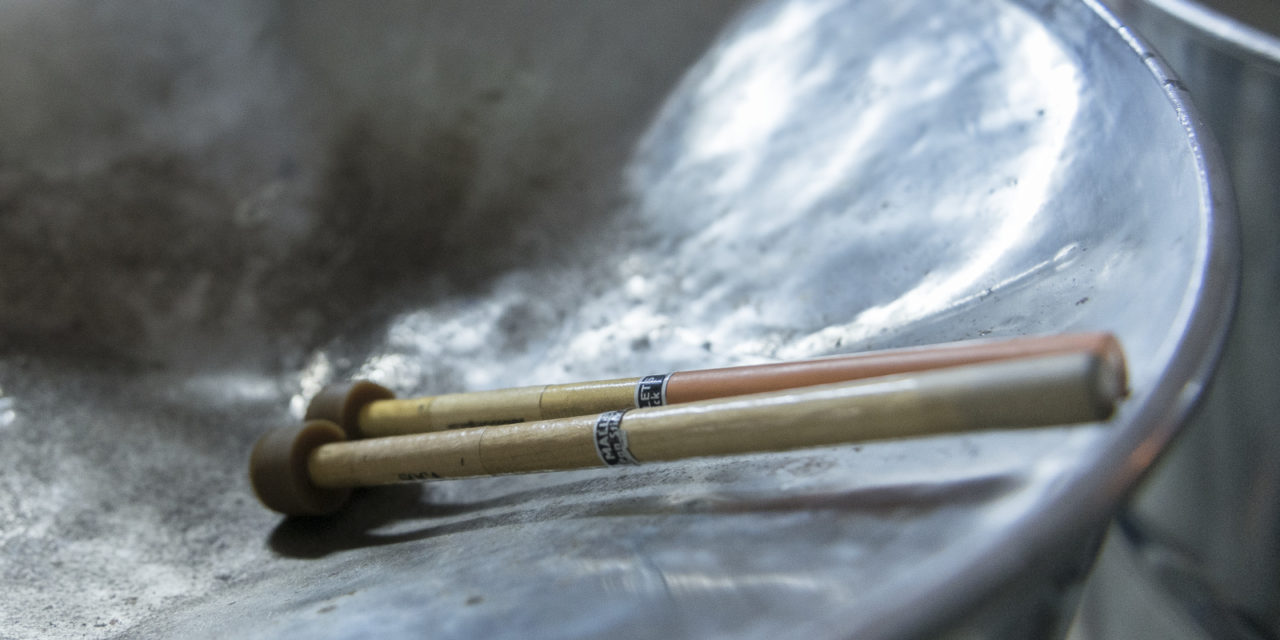Imagine it is mid-July, and a young boy is practising pan in his backyard. There is a big concert in a few weeks, his band will play. It is the band’s third big show for the year, and tickets are already sold out. He imagines with excitement the thunderous applause when his band performs its chart-topping single – a pan collaboration with a leading vocalist, which has been blared from every radio for the past few weeks. He will have to take his pan in to the shop for tuning before the concert, but another pan store just opened in town, so he won’t need to go far. Maybe he will buy some new scores when he’s there and start learning a song for his assessment in the new school term. He knows the classics always impress.
Ladies and gentlemen, in this imagined scenario, I describe what the future of pan could look like. For pan to have that future, it must be able to stand on its own. It must be a generative industry that can exist without the need for corporate support. It must be able to maintain its own viability with positive feedback loops that stimulate continual growth. This is the definition of sustainability.
Sustainability is a cause to which I attach much value, as President of an energy company, and as a concerned citizen in a world of depletion. We hear talk in abundance about the depletion of our planet’s natural resources, but what about the depletion of our cultural heritage? Borders are gone and we risk cultural erasure if we do not hold fast to those things which make us unique.
Pan is one of those things. The only instrument to have been invented in a century of invention – how great a distinction for a country of our size. Yet by our actions, or inaction, we are leaving the fate of this indigenous instrument to chance, risking its loss to the passage of time. We cannot allow ourselves to forget its beginnings, the music its pioneers played, or the crafts of manufacture and tuning. Importantly, beyond actively remembering the past, we must actively create the future.





